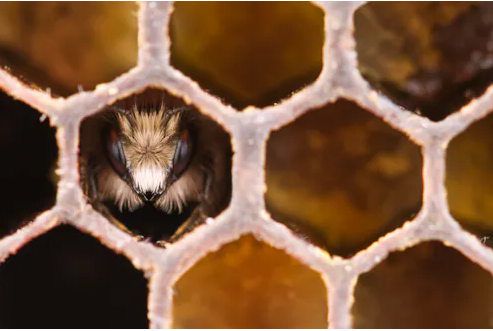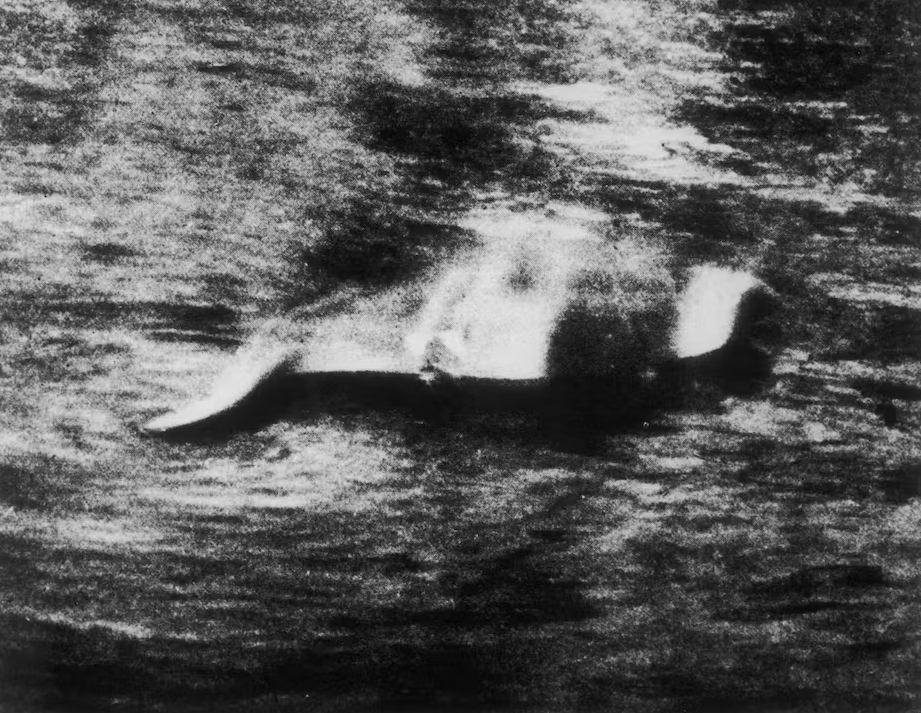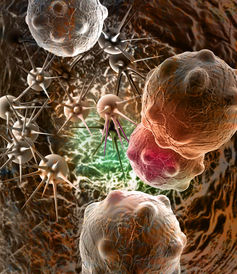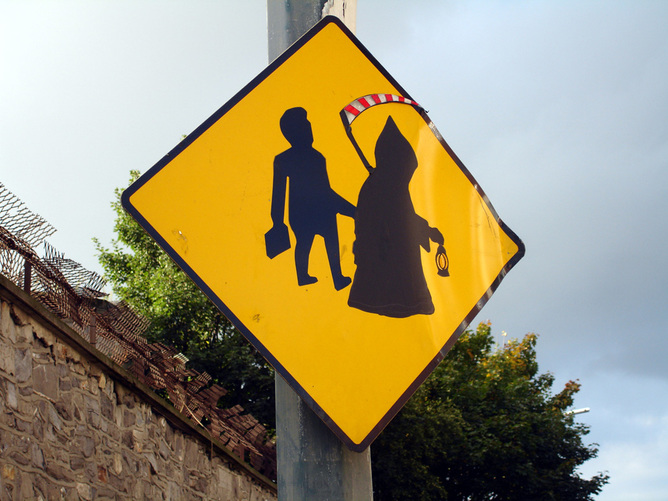 Correlation: Sitting Is Bad For Your Health And Exercise Won't Help
Correlation: Sitting Is Bad For Your Health And Exercise Won't HelpAdvances in technology in recent decades have obviated the need and desire for humans to move....
 It's About Calories, So Kimchi Is Not A Weight Loss Superfood - But You May Eat Less
It's About Calories, So Kimchi Is Not A Weight Loss Superfood - But You May Eat LessFermented foods have become popular in recent years, partly due to their perceived health benefits....
 Beekeepers Are Wrong About Overwinter Hive Behavior
Beekeepers Are Wrong About Overwinter Hive BehaviorHoneybees in man-made hives may have been suffering the cold unnecessarily for over a century because...
 Why Does Anyone Still Search For The Loch Ness Monster?
Why Does Anyone Still Search For The Loch Ness Monster?Hugh Gray was taking his usual post-church walk around Loch Ness in Scotland on a November Sunday...







 Most of us would choose to experience pleasure – however we may define it – as often as possible. The public health and criminal justice systems are set up by the government partly to shape how, when and where we find pleasure, so that we balance our enjoyment with working and paying taxes.
Most of us would choose to experience pleasure – however we may define it – as often as possible. The public health and criminal justice systems are set up by the government partly to shape how, when and where we find pleasure, so that we balance our enjoyment with working and paying taxes. 

 For children with autism, early intervention is critical. Therapies and education – especially in the first two years of life – can facilitate a child’s social development, reduce familial stress and ultimately improve quality of life.
For children with autism, early intervention is critical. Therapies and education – especially in the first two years of life – can facilitate a child’s social development, reduce familial stress and ultimately improve quality of life.